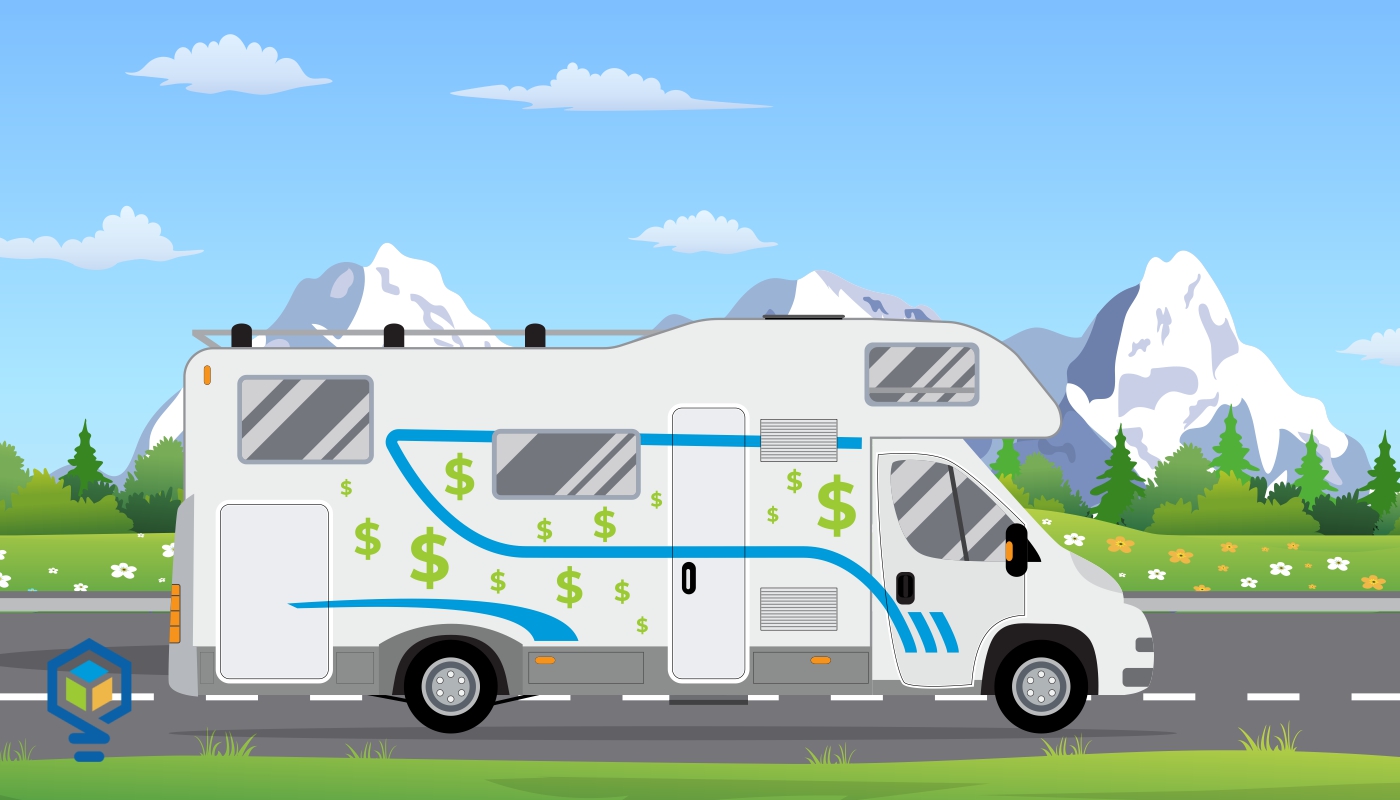There is no better time than a multi-year worldwide pandemic to reevaluate the 9 to 5 office grind. Many people are realizing it was never actually necessary to work from a fixed location as long as they have a laptop and an internet connection. So why not take the show on the road? Hop in an RV and head out to see the country and work from wherever you like that day. It’s a great plan, but what does it mean for your taxes? Is your RV a business vehicle or is it a lodging that happens to be on wheels? Buckle up and let’s find out which is best to save you the most money.

OBBBA Rundown: Provisions Affecting Individuals for 2025
Enacted into law on July 4, 2025, the One Big Beautiful Bill Act is the biggest set of tax law changes since the 2017 Tax Cuts and Jobs Act (TCJA). The provisions discussed in this article impact individual taxpayers for tax year 2025 and must be considered immediately for proactive tax planning purposes, future tax withholding, and estimated tax payment calculations. Clients have questions, and we can generally give them the answers they seek; however, some will require future IRS guidance for complete clarity.






